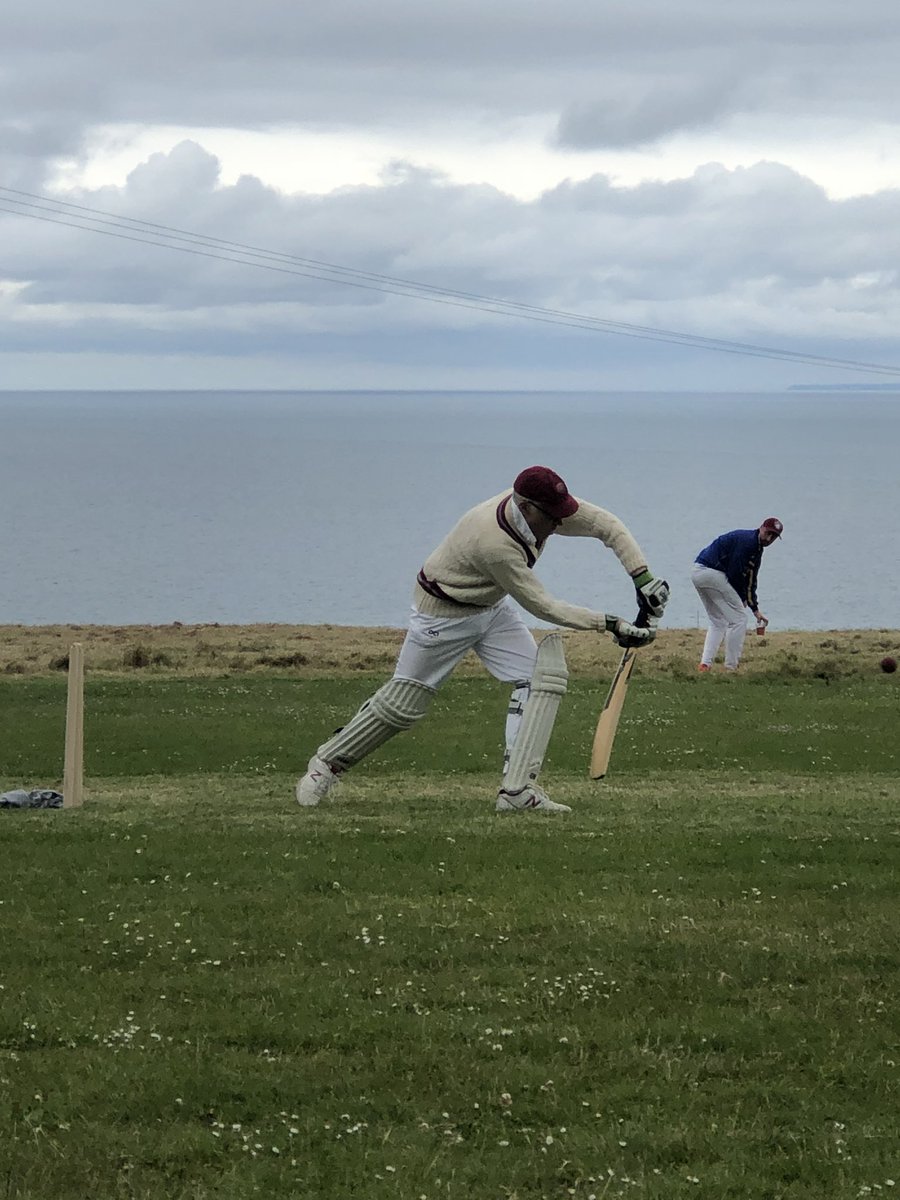
“5th & 6th century communities [in East Anglia] had a particular affinity with Roman material remains, & mourners were engaged in the conscious creation of individual narratives about people & place using old places & antique things” - @SarahSemple8
In north Wiltshire, @SarahSemple8 argues, the burials of people in or alongside the area’s prehistoric monuments fit “with the emerging political competition between the growing kingdoms of Mercia & Wessex.”
“The richest graves of the 7th century, those we might associate with an emerging kingly class, were frequently monumentalised, often experimental & ostentatious, & harnessed the apparent prestige or value of prehistoric monuments, mostly large barrows.”
Even so, it wasn’t just the elites who exploited prehistoric monuments. “The prehistoric also continued to hold potency and meaning for ordinary people & communities too.”
I love the idea of people in Wiltshire 1400 years ago feeling the draw & power of Avebury too…
I love the idea of people in Wiltshire 1400 years ago feeling the draw & power of Avebury too…
• • •
Missing some Tweet in this thread? You can try to
force a refresh















